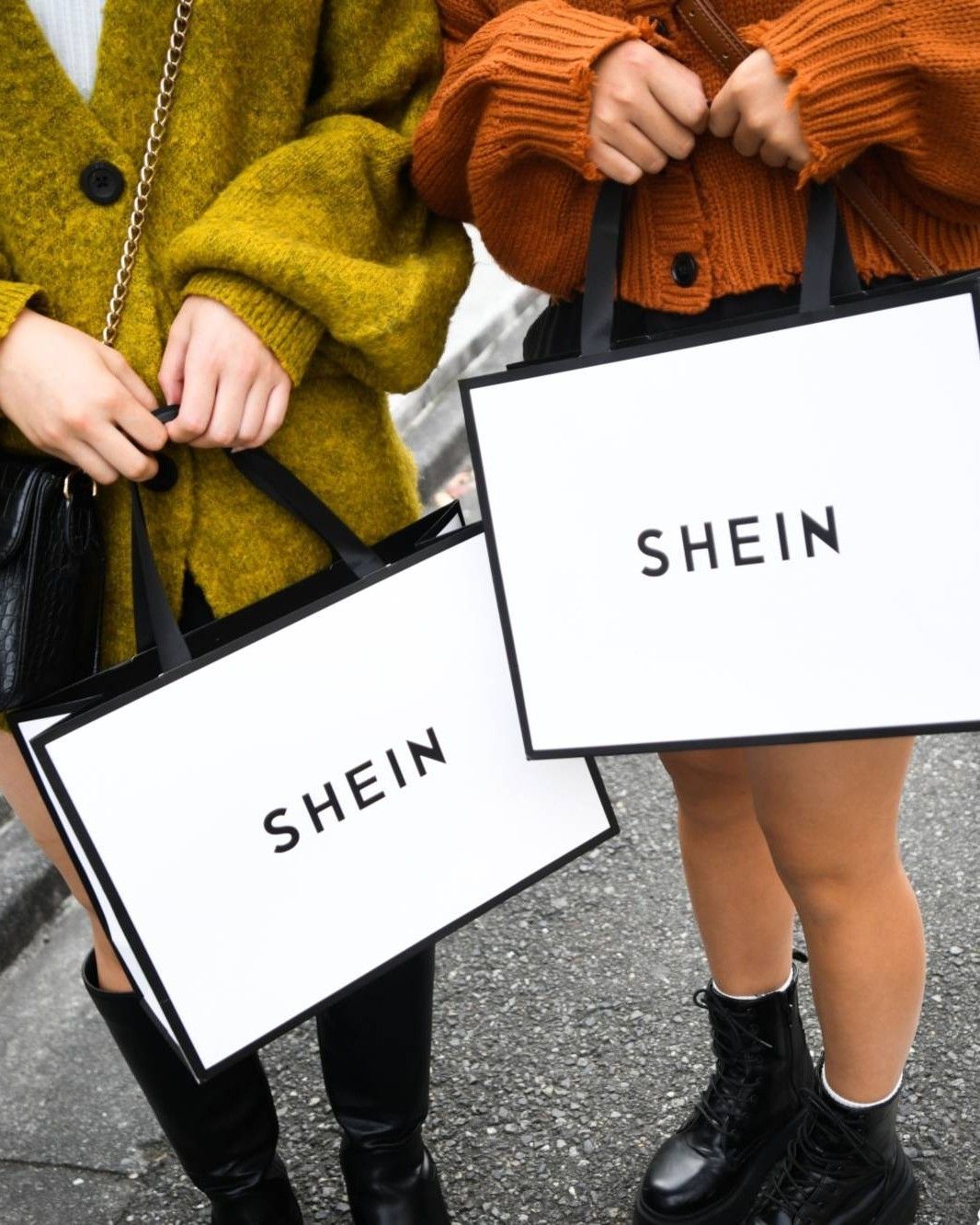
Why fast fashion workers are on strike Despite their salary increasing by 60%, their wages are still too low
The battle of fast fashion workers continues. Salaries are still too low, despite some governments starting to accommodate the demands made by the workers. Bangladesh is one of the countries where this issue is most prevalent. On average, thanks to the latest government measures, a worker will earn around $113 per month, a figure still too low compared to the $210 per month demanded by local unions. It's insufficient to cover the costs of a normal life, which, due to inflation, is becoming increasingly difficult to manage. For this reason, since the end of October, workers in Bangladesh have protested vigorously in the streets of Dhaka against the government's decisions. Unfortunately, the protesters themselves have been the ones to suffer the most. Since the beginning of the protests, three workers have already lost their lives in clashes with the police.
Bangladesh is (unfortunately) still a goldmine for companies like H&M Group, Inditex, and PVH Corp (the company that owns Calvin Klein and Tommy Hilfiger). Despite these companies having stated in the past that they intend to raise salaries, workers continue to insist on getting more. This is where the paradox of the fast fashion system arises: the increase in workers' salaries is not directly proportional to the growth in the revenues of the companies that fuel it. According to this Business of Fashion article, which shared this report from H&M Group, workers in Bangladesh earn $134 per month, a low figure, lower than what they themselves demand and significantly lower than the $293 per month received by H&M Group workers in Cambodia. However, it unfortunately exceeds the country's minimum (and legal) wage by 50%.
The situation is dire in the eyes of everyone. For this reason, the Bangladesh Garment Manufacturers and Exporters Association (BGMFEA) has asked fast fashion brands to raise the prices of their products in December to support an increase in their workers' salaries. The request has reportedly been accepted, but it remains up to local authorities to quell the workers' dissatisfaction. The question that arises is whether a possible and definitive increase in wages would solve the problem. Considering that many fast fashion brands rely on extremely low retail prices, an increase in their workers' salaries would mean that their affordability would be compromised. This would exacerbate an already less than ideal scenario: fast fashion brands would start to further increase their price points, and thus, following a domino effect, other players in the clothing sector would do the same. Can workers' salaries in fast fashion brands really be increased without generating wide-ranging repercussions? At the moment, it seems to be the major problem.

















































